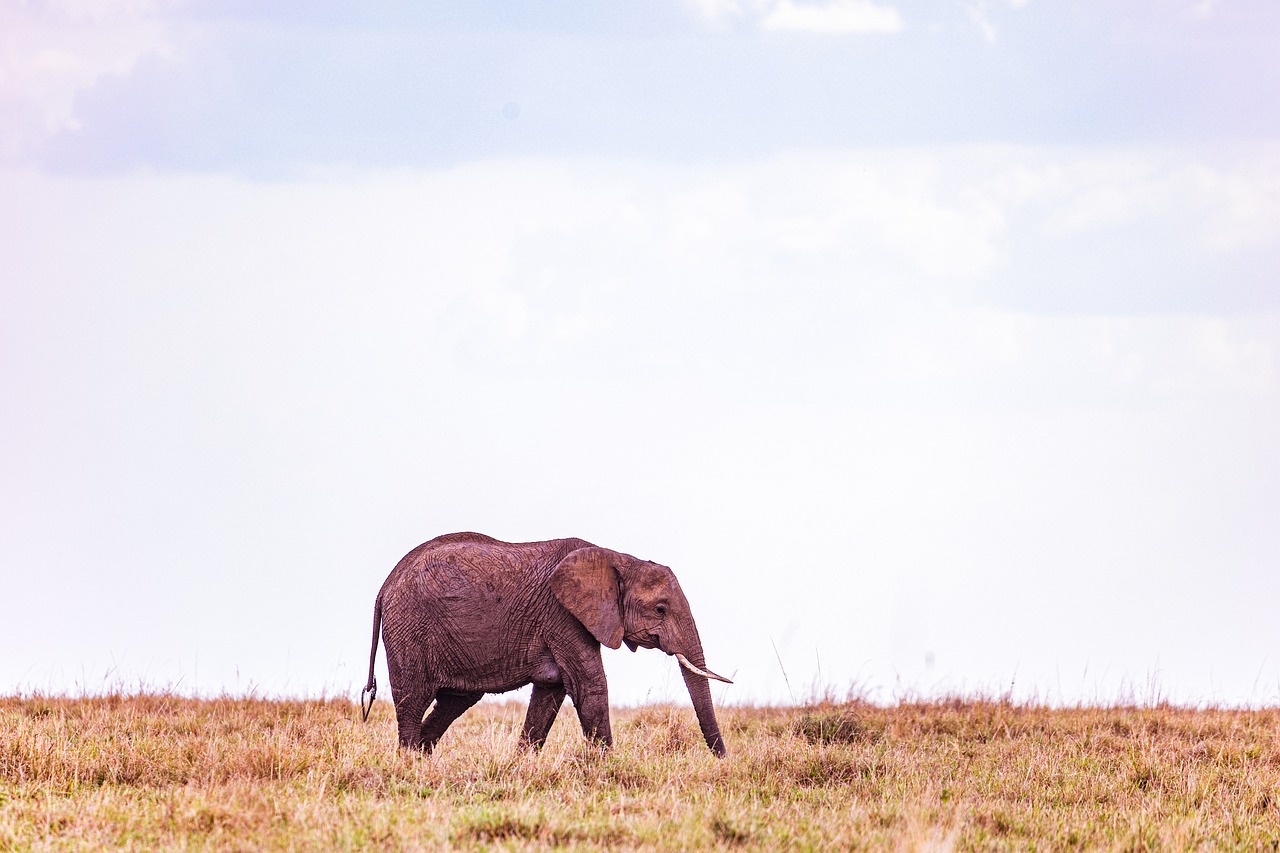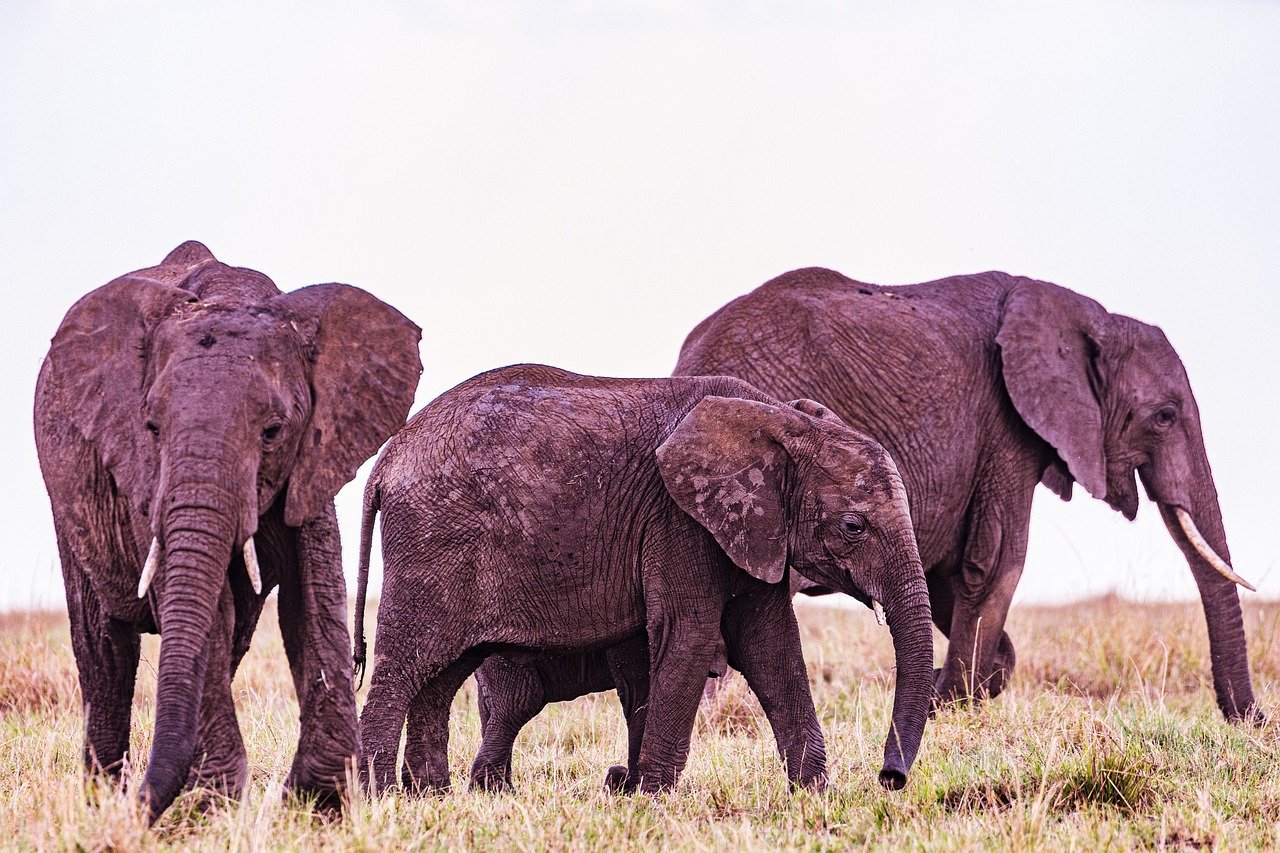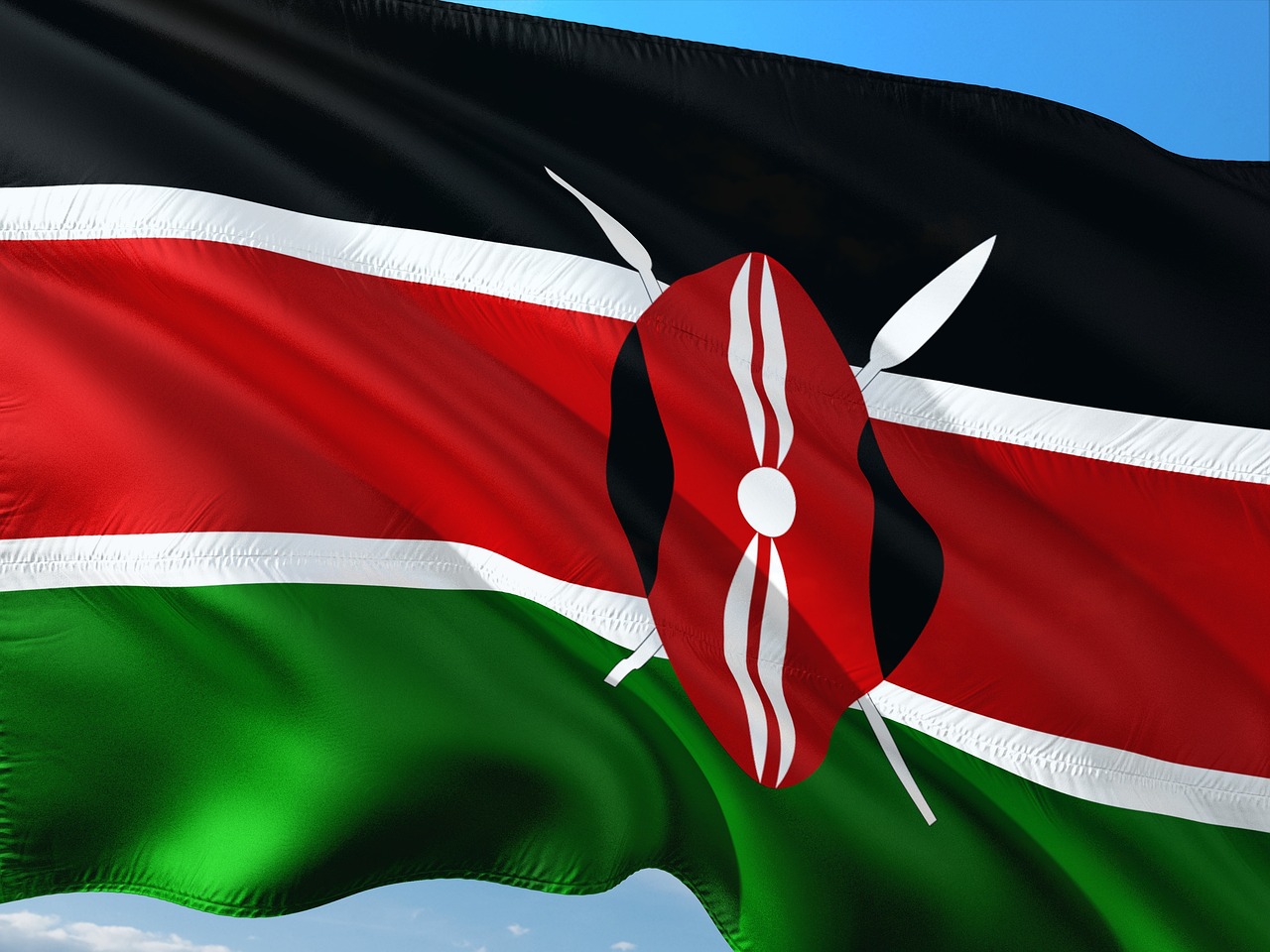Emergency Services: What to Know While in Kenya
Kenya, known for its stunning landscapes, diverse wildlife, and vibrant culture, is a popular tourist destination. While exploring this beautiful country, it’s essential to be aware of the available emergency services and how to access them if needed. This article aims to provide detailed information about emergency services in Kenya, ensuring visitors are well-prepared and informed during their stay.
Medical Services
Hospitals: Kenya has a range of public and private hospitals that provide medical services. Some notable hospitals include Nairobi Hospital, Aga Khan University Hospital, and Kenyatta National Hospital. These hospitals have well-equipped facilities and experienced medical professionals to handle emergencies.
Ambulance Services: In case of a medical emergency, it is crucial to call for an ambulance. The Kenya Red Cross Society operates an ambulance service that can be reached by dialing 1199. Additionally, private ambulance services like AMREF Flying Doctors and St. John Ambulance are available in major cities.
- AMREF Flying Doctors: This renowned air ambulance service operates across East Africa, providing emergency medical evacuation and air ambulance services. They have highly trained medical personnel and modern aircraft.
- St. John Ambulance: St. John Ambulance provides ambulance services and first aid training. They have a network of branches across Kenya, ensuring prompt emergency medical response.
Police Services
Kenya Police Service: The Kenya Police Service is responsible for maintaining law and order in the country. In case of any criminal activity or emergency, dial 112 to reach the police. The police stations in Kenya are equipped to handle various situations and provide assistance to those in need.
Fire and Rescue Services
Kenya Fire Brigade: The Kenya Fire Brigade is responsible for firefighting and rescue operations. In case of a fire emergency, dial 999 to reach the fire department. They have trained firefighters and modern equipment to handle fire incidents efficiently.
Tourist Police
Tourist Police Unit: The Tourist Police Unit (TPU) in Kenya is dedicated to ensuring the safety and security of tourists. They provide assistance, guidance, and protection to visitors. The TPU can be reached by dialing 020-3341799 or by visiting their offices in major tourist areas.
Emergency Hotlines
In addition to the specific emergency services mentioned above, Kenya has several hotlines that can be useful in different situations:
- National Emergency Hotline: Dial 911 for general emergencies and to be connected to the appropriate emergency service.
- Child Helpline: Dial 116 for child protection and welfare issues.
- Gender Violence Recovery Center: Dial 1195 for assistance and support in cases of gender-based violence.
- Kenya Wildlife Service: Dial 0800 597 000 to report wildlife-related emergencies or incidents.
Image 1:

Emergency Preparedness Tips
While in Kenya, it’s essential to be prepared for emergencies. Here are some tips to ensure your safety:
- Research: Before your trip, research the emergency services available in the areas you plan to visit. Note down the contact numbers and addresses.
- Travel Insurance: Obtain comprehensive travel insurance that covers medical emergencies, evacuation, and repatriation.
- Stay Informed: Stay updated on local news and any potential safety hazards or risks.
- Emergency Kit: Pack a basic emergency kit with essentials like a first aid kit, flashlight, extra batteries, and emergency contact numbers.
- Communication: Ensure you have a working mobile phone with a local SIM card and sufficient credit to make emergency calls.
- Follow Local Regulations: Observe local laws and regulations to avoid any unnecessary risks or emergencies.
Image 2:

Conclusion
When visiting Kenya, it’s crucial to be aware of the available emergency services and how to access them. Familiarize yourself with the contact numbers for medical services, police, fire and rescue, and tourist police. Additionally, be prepared for emergencies by researching, obtaining travel insurance, and carrying an emergency kit. By being well-prepared, you can ensure a safe and enjoyable trip to Kenya.
Image 3:

References
– Nairobi Hospital: nairobihospital.org
– Aga Khan University Hospital: agakhanhospitals.org
– Kenyatta National Hospital: knh.or.ke
– AMREF Flying Doctors: flydoc.org
– St. John Ambulance: stjohnkenya.org
– Kenya Police Service: nationalpolice.go.ke
– Kenya Fire Brigade: nationalpolice.go.ke/fire-brigade
– Tourist Police Unit: nationalpolice.go.ke/tourist-police-unit
– Kenya Wildlife Service: kws.go.ke

